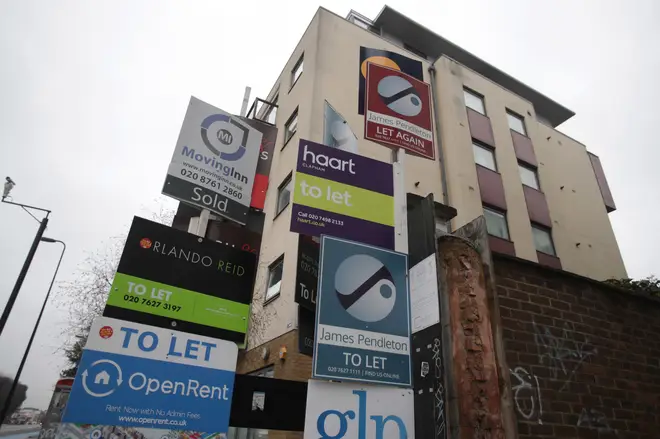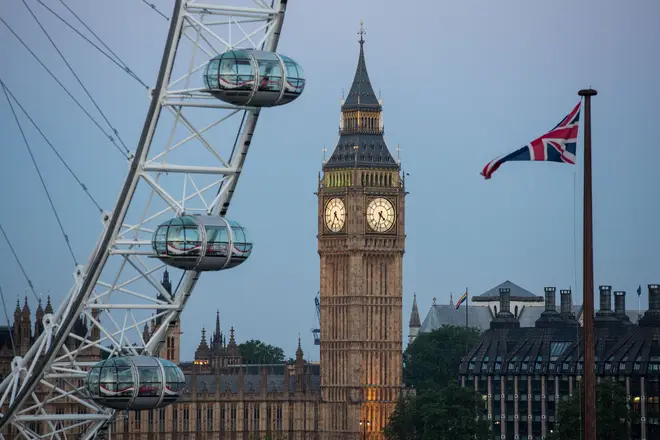On Air Now
Early Breakfast with Lindsey Russell 4am - 6:30am
25 January 2019, 11:27 | Updated: 25 January 2019, 12:03

Letting fees are being banned from the 1st of June and as a result of the new changes it could mean your current landlord could even owe you a refund.
From June 1st the Tenant Fees Bill will come into affect in England scrapping tenancy fees, renewal fees and referencing fees.
The changes are coming into effect thanks to the #MakeRentingFair campaign run by the now defunct website The Debrief, journalist and campaigner Vicky Spratt and Baroness Olly Grender.
Read more: By 2022 one in five families could lose their child benefits thanks to this policy

Back in 2016 when the campaign was launched, Chancellor Phillip Hammond agreed that unfair letting fees would be banned and as of June 2019 this will finally become law.
When the new rules come into place this could also mean that if your current landlord has hold of a deposit of more than five or six weeks rent they could be forced to give you a refund.
From June 1st landlords and estate agents will only be able to charge one weeks rent for a deposit thanks to a new cap.

Here is a list of the only charges landlords and agents will be able to make to tenants under the new rules...
- Utilities and council tax (if included in the tenancy agreement)
- Rent
- A refundable deposit to be capped at six weeks rent, or five weeks rent for a property where the annual rent is less than £50,000 under a new amendment put forward in the House of Lords.
- Early termination of tenancy requested by tenant.
- A holding deposit to reserve the property capped at one week's rent.
- Defaults by tenant including fines for lost keys or late rent payments.
- Changes to tenancy requested by tenant (capped ay £50 or 'reasonable costs')
The bill still has to jump through a few more legal hoops before it is passed but after MPs have debated any final amendments to it in the House of Commons it will be sent to the Queen for her sign off and made law.
These changes will be welcomed by millions of tenants across England who live in privately rented properties and are currently at the mercy of rocketing letting fees and deposits.